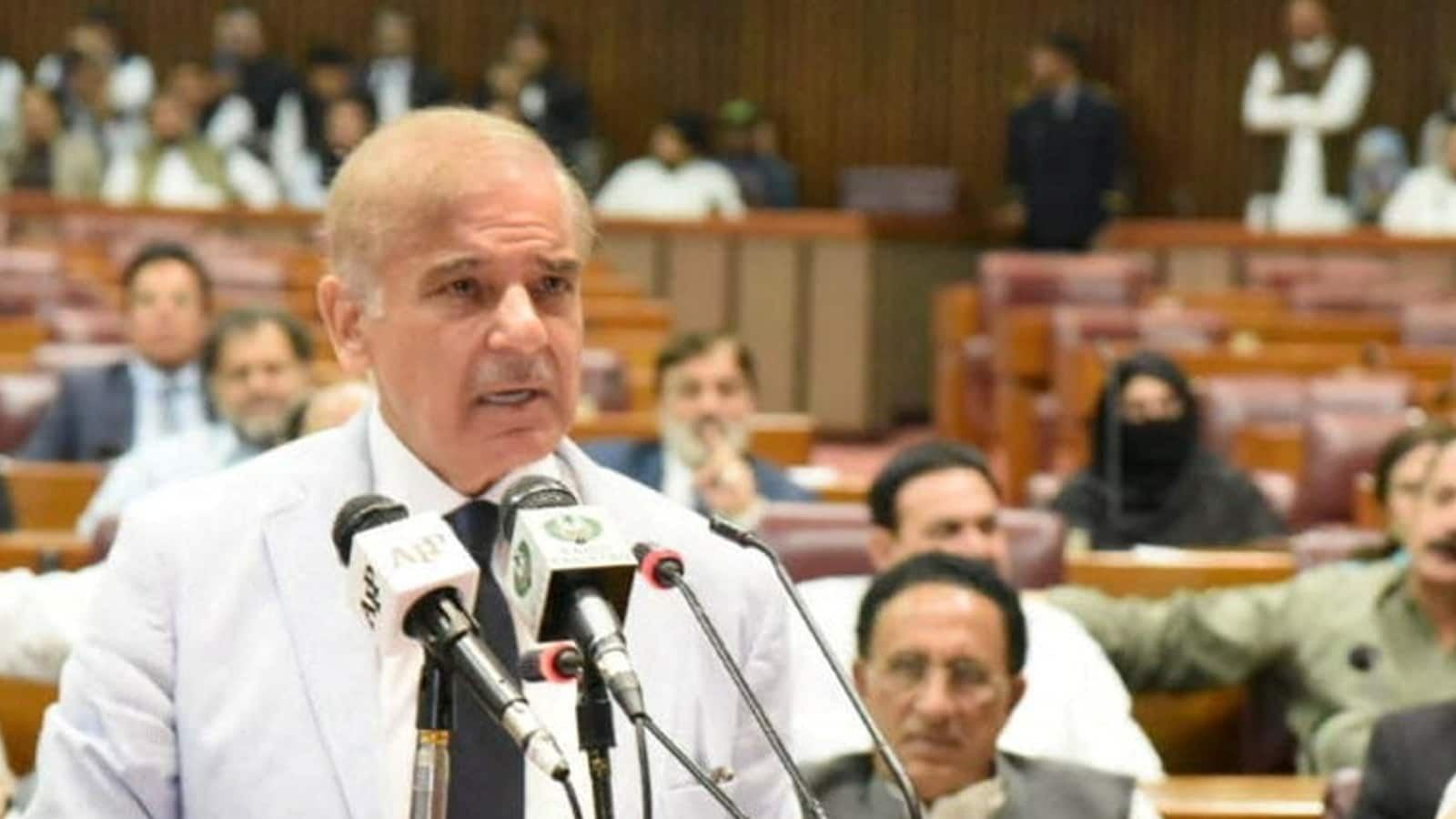Pak-IMF deadlock over defence budget cut
Edited By: Pathikrit Sen Gupta
Last Updated: February 10, 2023, 23:35 IST

Pakistan spends about 4 per cent of its GDP on defence and a 10 per cent cut in that may give the ailing economy a much-needed breather. But as history suggests, Pakistan’s army decides the fate of the polity in the country and not vice versa. (File pic/Reuters)
The stand-off and deadlock came after Pakistan officials declined the condition of a cut in defence budget of 10% to 20% as committed in earlier talks. The review which will pave the way to release $1.1 billion to Pakistan has already been delayed as the country failed to meet conditions set by the IMF for the funds to be released
The International Monetary Fund’s 9th Review for Pakistan remained inconclusive as the government kept hoping for the announcement from the IMF for the release of a much-needed $1.1 billion tranche from a $7-billion bailout package.
The stand-off and deadlock came after Pakistan officials declined the condition of a cut in defence budget of 10%-20% as committed in earlier talks. The review which will pave the way to release $1.1 billion to Pakistan has already been delayed as the country failed to meet conditions set by the IMF for the funds to be released. The technical team of the IMF was in Pakistan for over about 10 days to negotiate its terms and assess the economic conditions of the country. The team is reported to have left dissatisfied as Pakistani officials dragged their feet on the proposal to cut its defence spending by a minimum 10 per cent.
Pakistani officials tried to buy some time to discuss the issue with COAS Asim Munir who is away in the UK before they could take a call on this. The IMF team is reported to have left miffed with the dilly-dallying of the Pakistani side, saying, “Can’t trust your commitments, everything has to be done upfront.”
Pakistan spends about 4 per cent of its GDP on defence and a 10 per cent cut in that may give the ailing economy a much-needed breather. But as history suggests, Pakistan’s army decides the fate of the polity in the country and not vice versa. No government in Pakistan has survived inviting the ire of its army. Foreign policy expert Harsh V Pant, who has been associated with the New Delhi-based think tank Observer Research Foundation, says, “Historically we know how integral is the defence sector in Pakistan’s vision and the central role of the Pakistani army in its polity. So it is very unlikely that they will take the acts to the defence side of the equation. There are many people whose fortunes are linked to Pakistan’s defence expenditure. The military’s own role is central in the amount of budget that they get.”
In a concluding press statement, Pakistan IMF Mission Chief Nathan Porter said, “Considerable progress was made during the mission on policy measures to address domestic and external imbalances.” The IMF and Pakistani side will continue to have “virtual discussions” in the coming days to “finalise the implementation details of these policies”, said the release.
Meanwhile, Pakistan’s finance minister Ishaq Dar has said that Pakistan will implement fiscal measures demanded by the IMF that includes raising 170 billion Pakistani rupees ($627m) through new taxes. The IMF has asked Pakistan to hike fuel and electricity rates as well. Dar has said an increase in fuel taxes will be completed, with diesel levies to be doubled to 5 rupees a litre on March 1 and again on April 1 this year.
What could be the repercussions for an ordinary Pakistani if these reforms are implemented? Harsh Pant says, “Pakistan seems to have been stuck between the devil and the deep blue sea as they say. Without reforms and fundamental reforms that the IMF is demanding, the IMF won’t be inclined to move forward. And at the same time if those reforms are implemented the cost of living crisis would just escalate like anything, having a significant political cost for the incumbent government.”
General elections in Pakistan are due this year and Shehbaz Sharif government is already under pressure with the opposition blaming him for economic mismanagement. Every single decision that would add to the cost of some things like electricity bills, cooking gas, diesel, petrol, or essential food commodities will make the biggest opposition party PTI and its chief Imran Khan better off than the current government in the eyes of the Pakistani voters. There is this seeming resistance by the Pakistani government in going forward with the reforms that IMF is asking for.
But Pant says, “They have very little choice, to be honest. Pakistan’s closest partners like the UAE, Saudi Arabia, and China won’t be willing to help it financially unless the IMF agreement is done and dusted. The other challenge for Pakistan is political polarisation and Imran Khan taking full advantage of a crisis that he himself has created in the first place.”
Soon COAS General Munir will be back home, and the government, as claimed, can discuss with him the IMF’s pre-condition of releasing more funds by reducing the defence budget. Observers say it will be interesting to see whose side the general will take: his army or his country.
Read all the Latest News here
For all the latest world News Click Here

